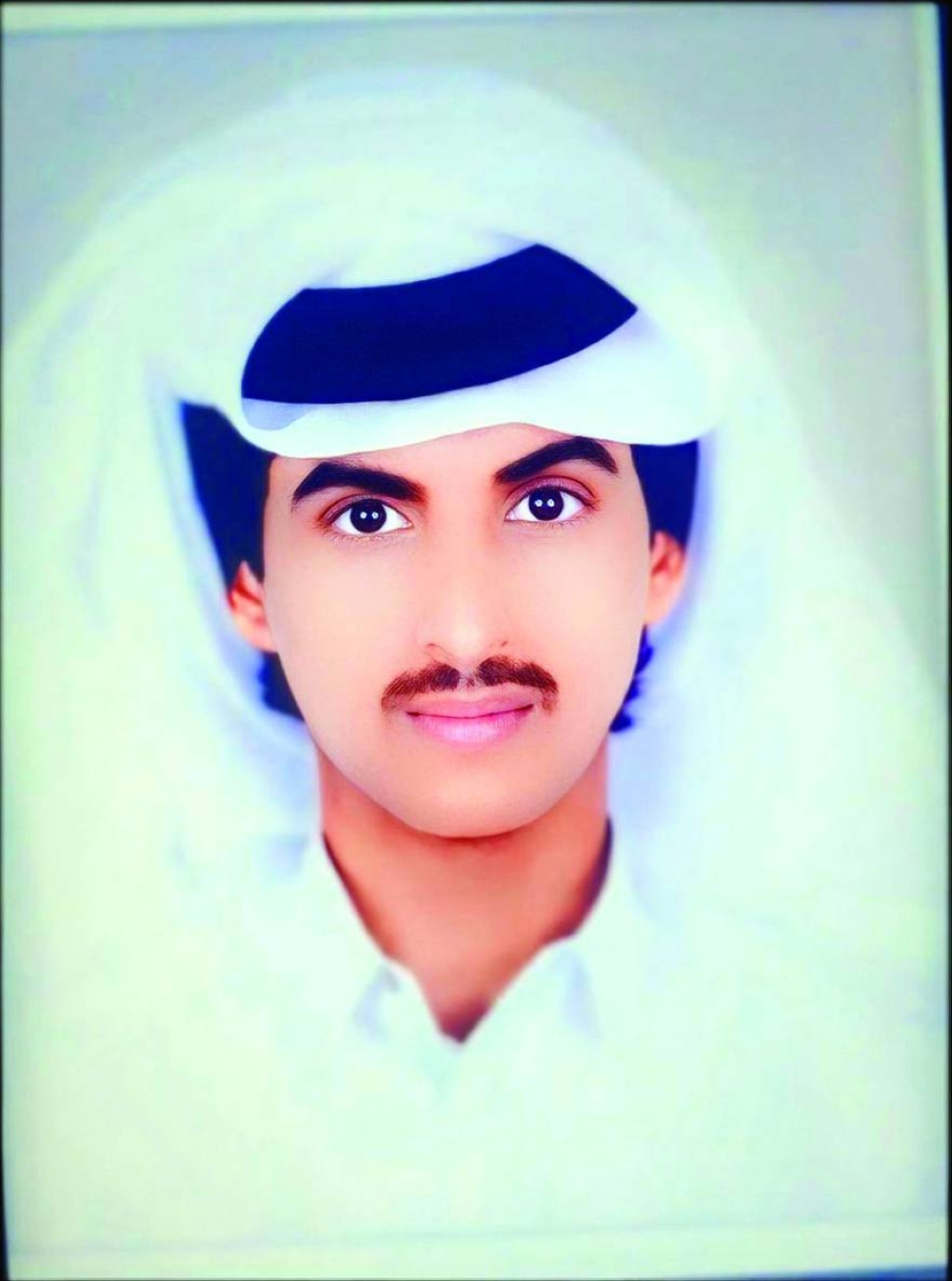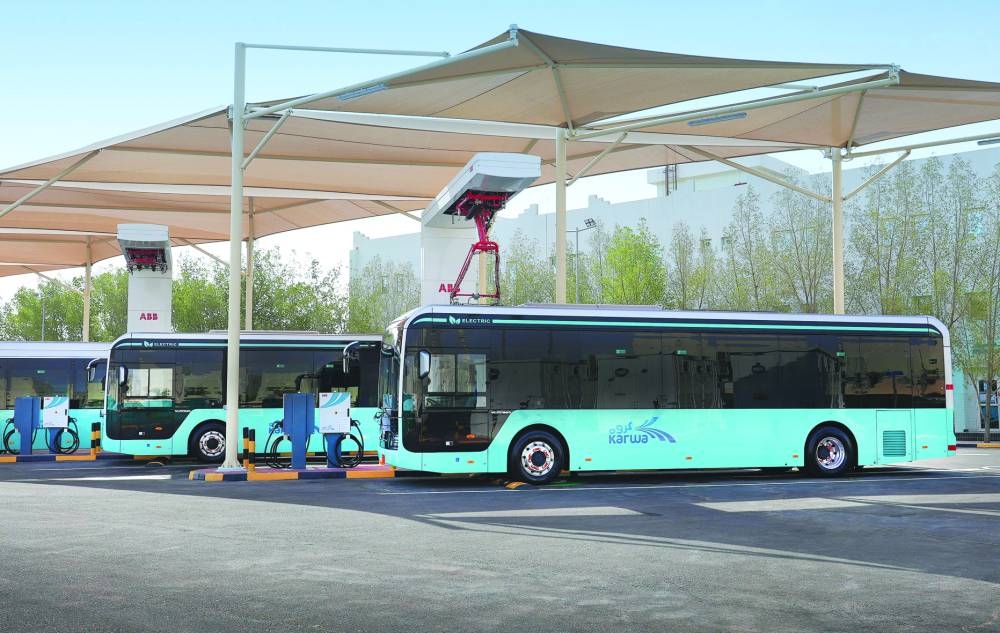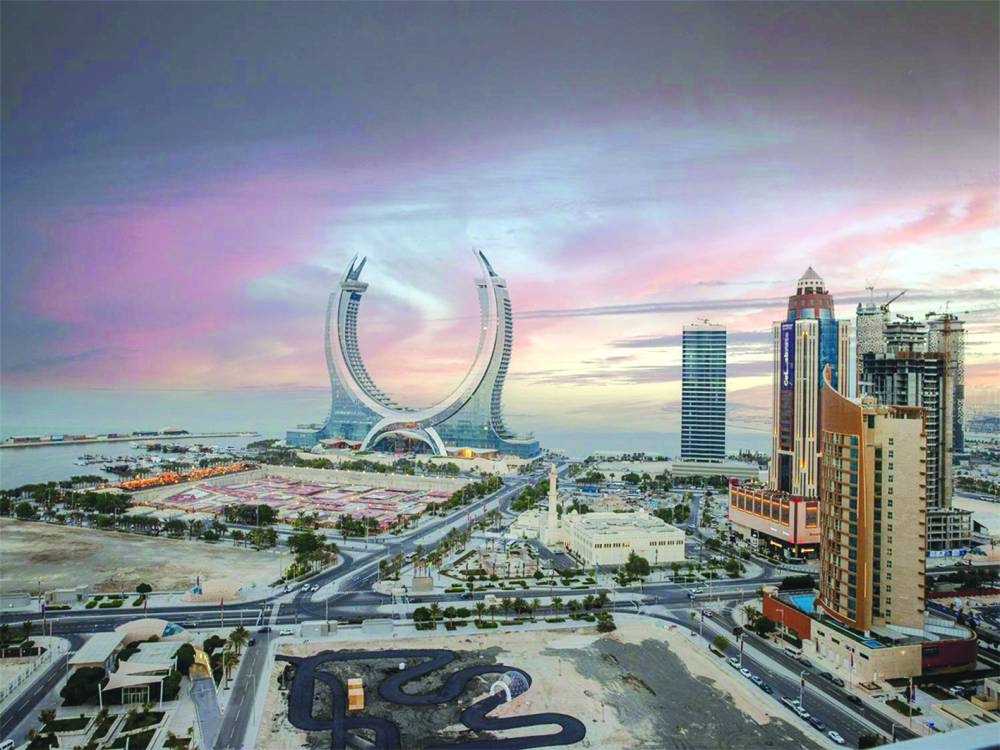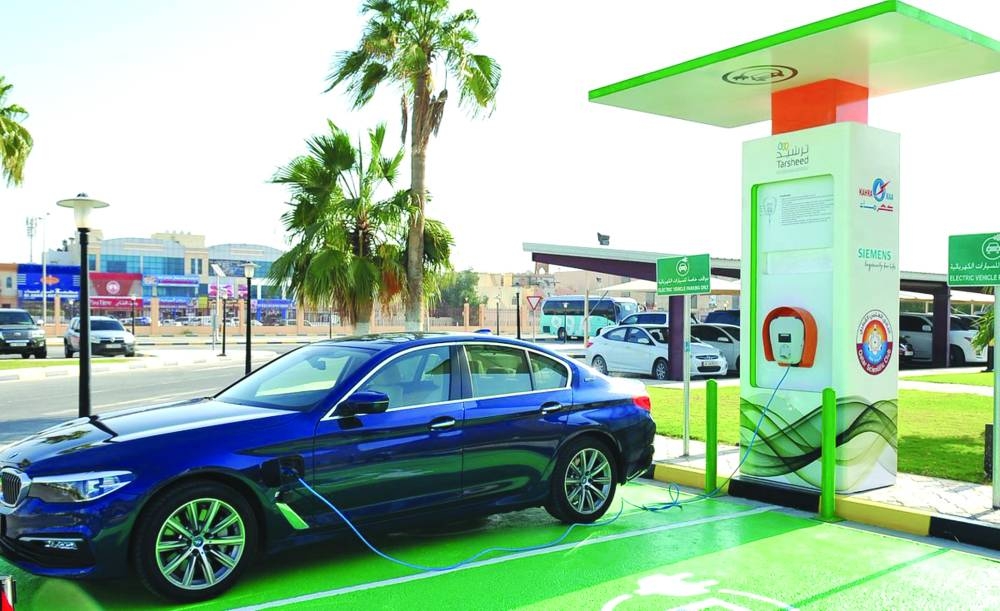In a world increasingly driven by technology and the urgent need for sustainable solutions, Qatar stands out as a shining example of visionary leadership and transformative action.
In 2025, the country once again reaffirmed its pioneering spirit by launching the Middle East’s first fully electric public bus network and achieving significant milestones in smart city development, particularly through the remarkable growth of Lusail City. These groundbreaking achievements are not isolated initiatives — they represent a comprehensive national movement towards integrating technology, sustainability, and innovation into every facet of urban life.
Revolutionising Urban Mobility: A Cleaner Future on the Move
The deployment of Qatar’s fully electric bus fleet marks a historic step forward. Across Doha and key urban centres, hundreds of zero-emission buses now glide through the streets, replacing traditional diesel-powered vehicles and drastically slashing carbon emissions. The buses, equipped with state-of-the-art battery technology and powered by clean energy sources, offer a glimpse into the future of public transportation — a future where efficiency and environmental responsibility go hand in hand.
This monumental transition supports the ambitious goals outlined in the Qatar National Vision 2030, which emphasises sustainable development, economic diversification, and environmental preservation. It is not merely about replacing one mode of transport with another; it is about reshaping how people experience mobility in their daily lives. Residents and visitors now enjoy quieter streets, cleaner air, and a more pleasant commuting experience, proving that technological progress and quality of life improvements can be achieved simultaneously.
Lusail City: Building Tomorrow’s Cities Today
Yet Qatar’s ambitions extend far beyond transportation. Lusail City, often described as the “City of the Future,” serves as a living laboratory for smart urban planning and environmental stewardship. Covering an area of 38sq km , Lusail embodies the integration of intelligent systems designed to enhance every aspect of urban life.
The city boasts real-time traffic management systems that optimise vehicle flow and reduce congestion, dynamic lighting and energy-efficient buildings that minimise energy consumption, and advanced environmental monitoring tools that track air quality and water usage. Public services are seamlessly integrated, providing residents with a level of convenience and connectivity previously unseen in the region.
Lusail is not simply a place where people live — it is an ecosystem where technology, nature, and human well-being coexist in perfect balance. It stands as a powerful testament to what can be achieved when vision is matched by execution and when sustainability is placed at the heart of development.
Human-Centric Innovation: The True Core of Progress
What truly sets Qatar’s initiatives apart is the underlying philosophy that places human well-being at the centre of all innovation. Technological advancements are not pursued for their own sake but as tools to create healthier, safer, and more vibrant communities. Every electric bus that runs silently through the streets, every sensor embedded in Lusail’s infrastructure, and every sustainable building constructed is a deliberate act of caring for the people who call these spaces home.
This human-centred approach is particularly critical as cities worldwide grapple with the twin challenges of rapid urbanisation and climate change. Qatar’s model demonstrates that embracing technology and sustainability does not have to come at the expense of liveability — rather, it can enhance it in ways that profoundly enrich everyday experiences.
A Global Inspiration for Bold Action
As the world races to address the climate crisis, Qatar’s leadership offers a compelling blueprint for other nations to follow. Rather than waiting for international trends to dictate action, Qatar has taken bold, proactive steps to shape its own destiny, setting standards that others now aspire to meet. Its success sends a clear message: real change requires vision, courage, and a willingness to invest in the future today.
The creation of a fully electric bus network and the rise of smart cities like Lusail are not just local success stories; they are global calls to action. They prove that with the right commitment, cities can become engines of innovation, hubs of sustainability, and sanctuaries of human well-being.
Looking Ahead: The Journey Continues
Qatar’s journey towards a smarter, greener future is far from over. With ongoing projects aimed at expanding electric mobility, incorporating artificial intelligence into urban management, and strengthening its renewable energy portfolio, the country remains firmly on the path of progress. Upcoming developments in autonomous transportation, clean energy integration, and eco-friendly urban expansion promise to push the boundaries of what sustainable living can look like.
Moreover, Qatar’s hosting of major international events, such as the 2022 FIFA World Cup and future global forums, provides an unparalleled opportunity to showcase its innovations to the world and inspire broader adoption of sustainable practices.
In Conclusion Qatar’s trailblazing efforts in smart transportation and sustainable urban innovation reveal a nation unafraid to dream big — and, more importantly, unafraid to act on those dreams. By seamlessly blending technology with environmental responsibility and human-centred design, Qatar is not merely adapting to the future; it is shaping it.
As cities around the globe search for models to guide them through the complex challenges of the 21st century, they need only look to Qatar, where the streets hum with the energy of electric buses and the skyline gleams with the promise of smarter, greener living.
The future is already unfolding — and Qatar is leading the way with vision, resolve, and an unshakable belief in the power of innovation to transform the world for the better.

Ali Hamad al-Marri


A view of Lusail City. (QNA)

